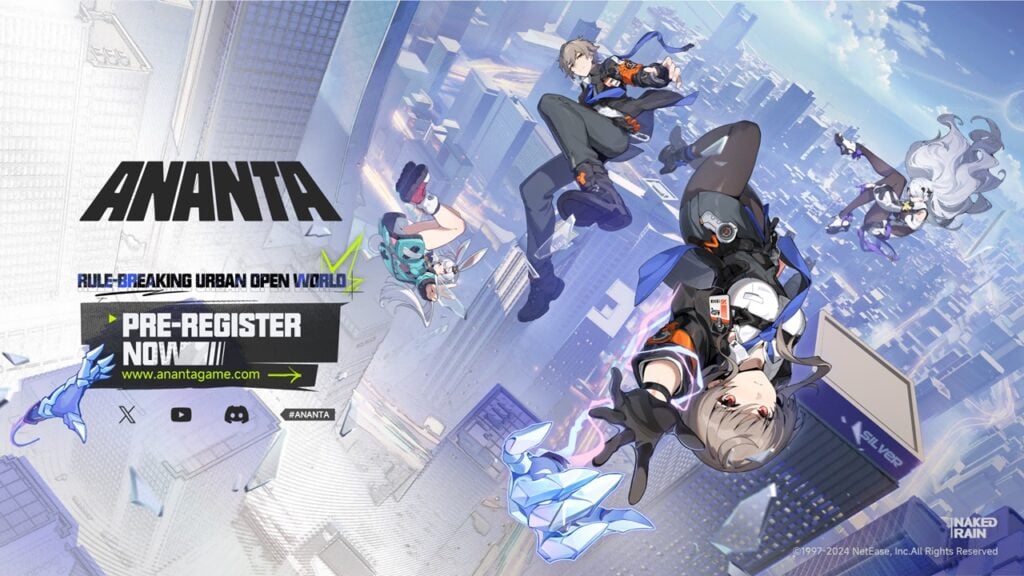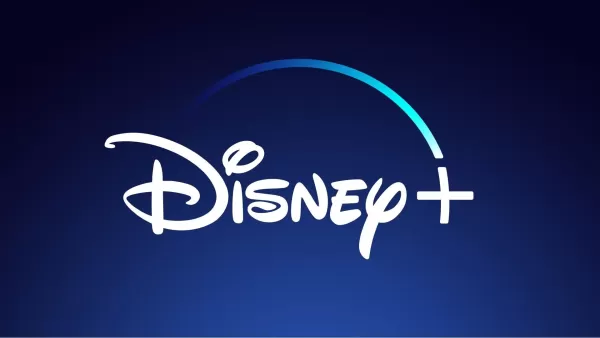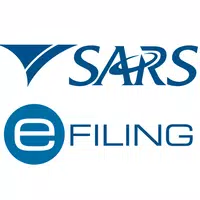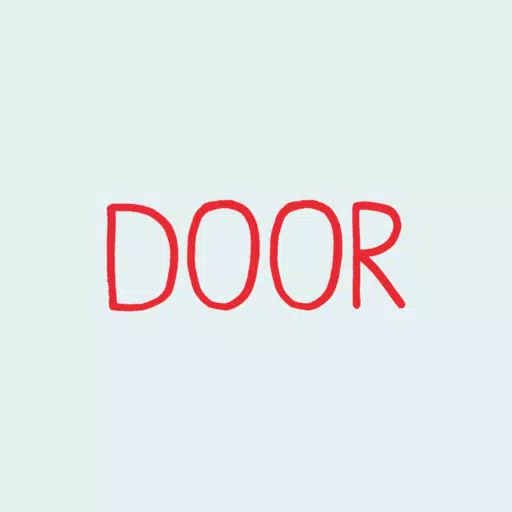Home > News > SAG-AFTRA Says It's Still 'Frustratingly Far Apart' From Games Industry Bargaining Group on AI Protections
SAG-AFTRA Says It's Still 'Frustratingly Far Apart' From Games Industry Bargaining Group on AI Protections
The Screen Actors Guild - American Federation of Television and Radio Artists (SAG-AFTRA) recently updated members on video game actor AI protection negotiations. While some progress has been made, significant disagreements remain with the industry bargaining group. A comparison chart highlights key sticking points:
AI Protection Scope: SAG-AFTRA seeks protection for all past and future work, not just future projects. The bargaining group's proposal is narrower.
"Digital Replica" Definition: SAG-AFTRA's definition includes any performance readily identifiable to a performer, while the bargaining group's "objectively identifiable" standard is considered too restrictive by SAG-AFTRA. This also includes movement capture.
Generative AI Terminology: Disagreements exist over the terms "real-time generation" (SAG-AFTRA's preference) versus "procedural generation" (bargaining group's proposal).
Transparency: SAG-AFTRA demands disclosure regarding voice blending with other voices for digital replicas and the intended use of voice data (e.g., scripted dialogue versus real-time chatbots).
Strike Clause: SAG-AFTRA's proposal withdraws consent for digital replica use during strikes, unlike the bargaining group's position.
Consent Duration: SAG-AFTRA proposes a five-year renewable consent period, while the bargaining group seeks unlimited consent.
Compensation: Significant disagreements persist regarding minimum compensation for digital replica creation and use, although tentative agreement on bonus pay calculations has been reached.
Employer Bonus Rights: The bargaining group's proposed bonus rights clause, similar to the SAG-AFTRA TV/Film agreement, is considered too broad and potentially undermining union rights by SAG-AFTRA. However, SAG-AFTRA is open to a revised version with stricter limitations.
Usage Tracking: SAG-AFTRA advocates for a system to track digital replica usage to ensure fair compensation, a proposal deemed infeasible by the bargaining group.
Synthetic Performer Definitions: Further clarification and regulation are needed regarding "synthetic" performers created entirely by AI.
Despite these unresolved issues, tentative agreements have been reached on bonus pay, dispute resolution, some aspects of minimum compensation, consent requirements, certain disclosures, and more. However, SAG-AFTRA disputes the bargaining group's claim that a deal is imminent.
SAG-AFTRA National Executive Director and Chief Negotiator Duncan Crabtree-Ireland cautioned members against accepting roles that could undermine the strike and compromise AI protections. He warned of potential exploitation without adequate safeguards.
In response, Audrey Cooling, spokesperson for the video game industry bargaining group, stated that their proposal includes significant wage increases, enhanced health and safety protections, and industry-leading AI terms. They expressed a willingness to return to the bargaining table.
The eight-month-long SAG-AFTRA video game strike, primarily focused on AI provisions, is visibly impacting the industry. Players have reported unvoiced NPCs in games like Destiny 2 and World of Warcraft. League of Legends was also affected after alleged strike subversion attempts by Riot Games, and Call of Duty: Black Ops 6 saw character voice recasting. Recently, two Zenless Zone Zero voice actors discovered their replacements through patch notes.
-
1

Top Streaming Platforms for Live Sports in 2025
Jun 18,2025
-
2
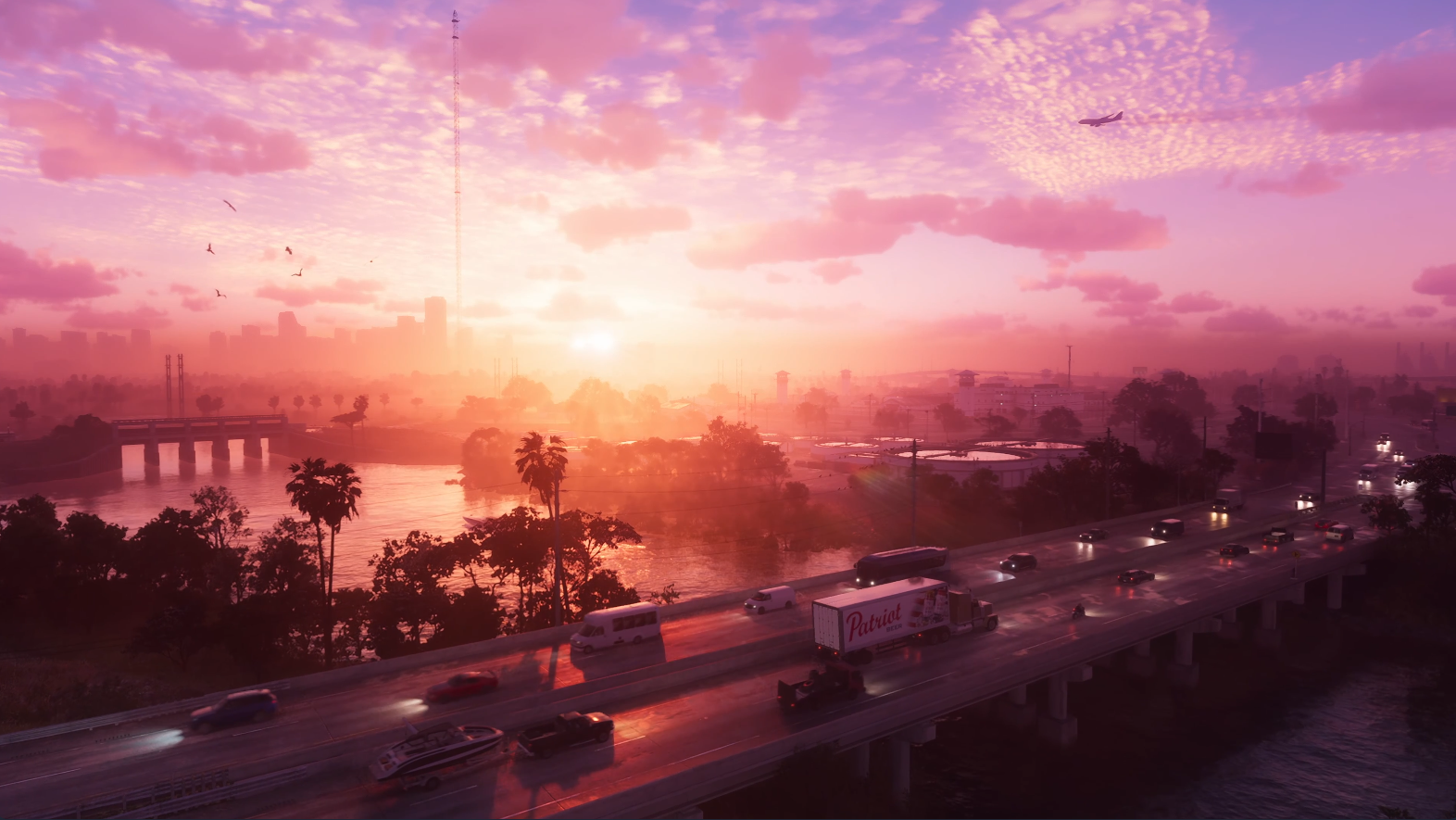
GTA 6 Set for Fall 2025 Release, CEO Confirms
Apr 03,2025
-
3

Roblox: CrossBlox Codes (January 2025)
Mar 04,2025
-
4

First ALGS in Asia Emerges in Japan
Jan 19,2025
-
5
![Roblox Forsaken Characters Tier List [UPDATED] (2025)](https://img.jdzca.com/uploads/18/17380116246797f3e8a8a39.jpg)
Roblox Forsaken Characters Tier List [UPDATED] (2025)
Mar 05,2025
-
6
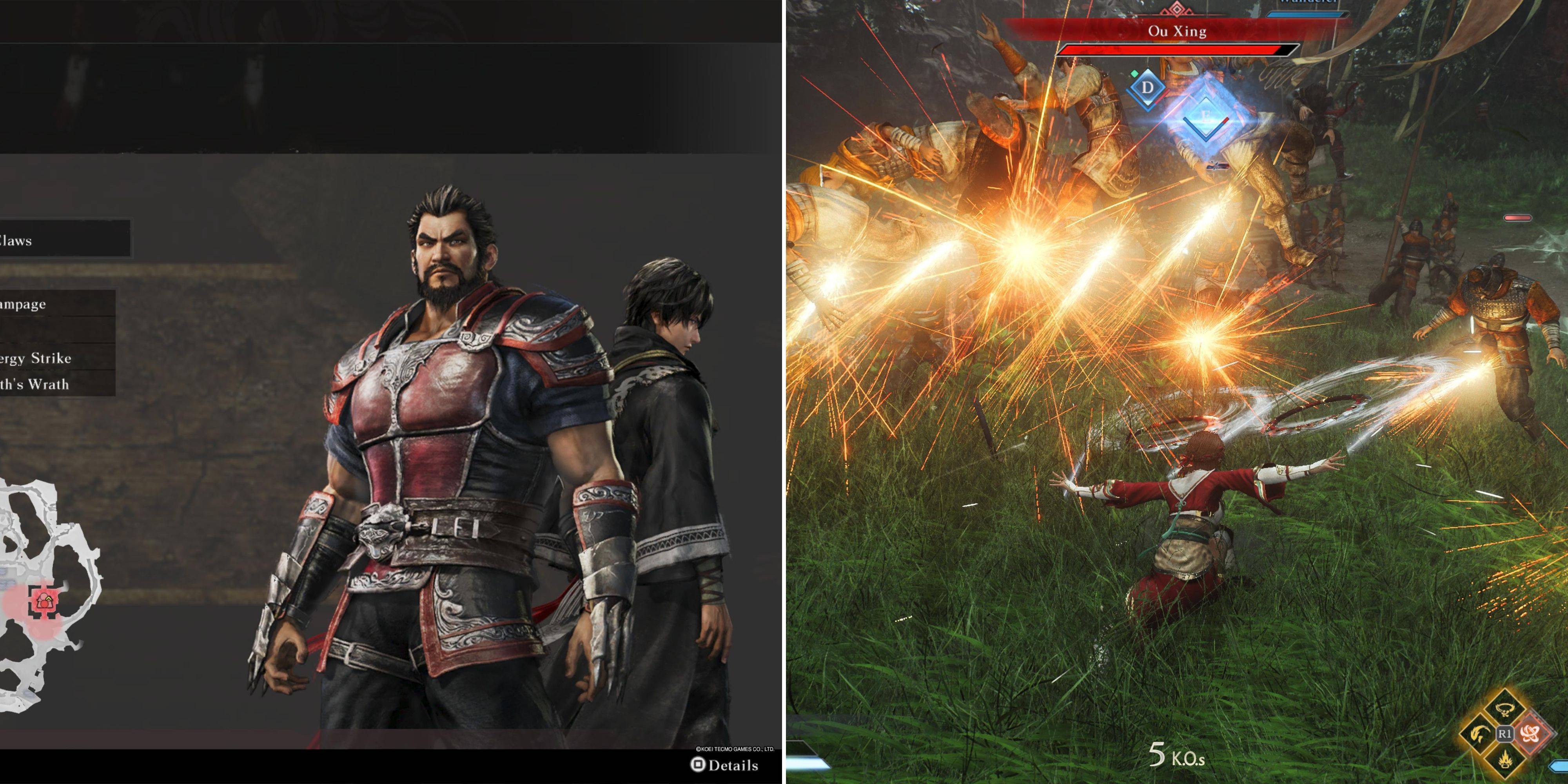
Introducing the Ultimate Guide to Seamless Character Swapping in Dynasty Warriors: Origins
Feb 25,2025
-
7
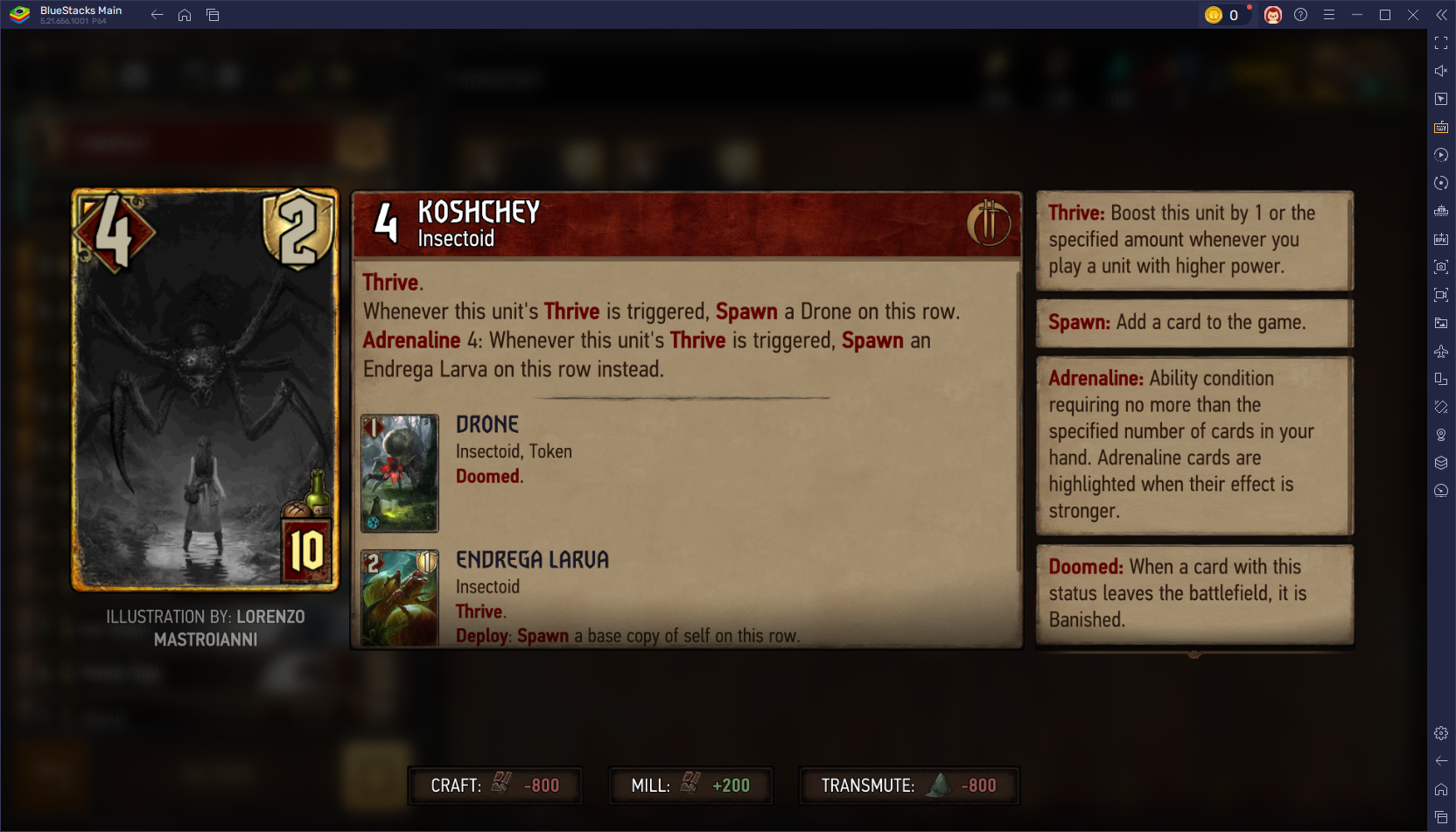
Gwent: Top 5 Witcher Decks (2025 Update)
Mar 13,2025
-
8

Cute mobs in Minecraft: pink pigs and why they are needed
Mar 06,2025
-
9

Max Hunter Rank in Monster Hunter Wilds: Tips to Increase
Apr 04,2025
-
10
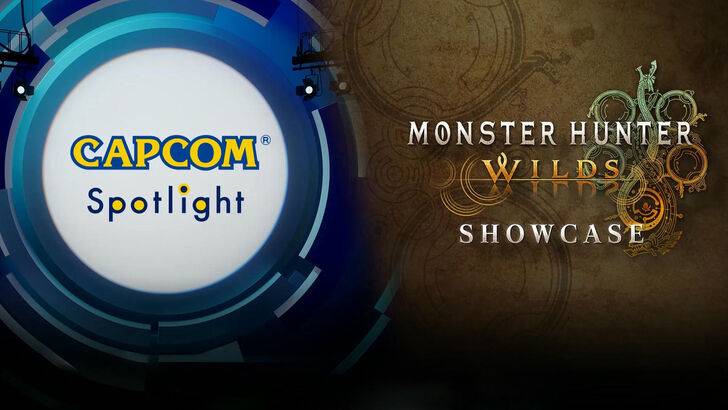
Capcom Spotlight Feb 2025 Showcases Monster Hunter Wilds, Onimusha and More
Apr 01,2025
-
Download

Portrait Sketch
Photography / 37.12M
Update: Dec 17,2024
-
Download

Friendship with Benefits
Casual / 150.32M
Update: Dec 13,2024
-
Download
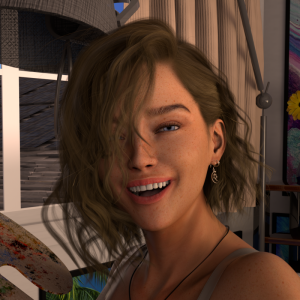
F.I.L.F. 2
Casual / 352.80M
Update: Dec 20,2024
-
4
[NSFW 18+] Sissy Trainer
-
5
Pocket Touch Simulation! for
-
6
슬롯 마카오 카지노 - 정말 재미나는 리얼 슬롯머신
-
7
Chubby Story [v1.4.2] (Localizations)
-
8
Life with a College Girl
-
9
Shuffles by Pinterest
-
10
Hunter Akuna

